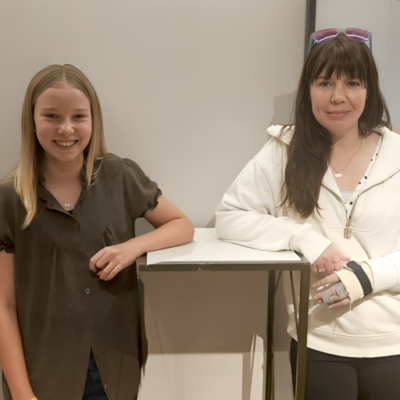AUT Study reveals what makes employees more productive
AUT University’s Professor Tim Bentley is urging SME managers to give teleworking a go after a new study shows people who don’t have to stay put in the office all the time are more productive.
For some time now, a combination of good IT and bad traffic has been pushing many employees and managers to rethink how and where they want to work. Now, Bentley, one of the co-authors behind a major new trans-Tasman survey, says people who telework one to three days a week are better at, and more satisfied with, their jobs.
These ‘hybrid teleworkers’, as he calls them, can be up to 12 percent more productive than colleagues based solely in the office.
Commissioned by specialist IT company Cisco, the study was undertaken by AUT University’s NZ Work Research Institute and the University of Melbourne’s Institute for a Broadband-Enabled Society.
According to the survey, teleworking is now mainstream, with 89 percent of respondents saying they telework one or more hours per week. The mean number of telework hours is now 13 hours per average 40-hour week.
Bentley told NZBusiness magazine that SME managers often make the mistake of seeing the option to work from home as a special treat or benefit for employees. He urges them to view teleworking as just another normal way of working.
“You don’t have to commit to it but trial it.”
He adds that companies need to provide support and training to teleworkers to help them handle the transition.
Less than half of the respondents to the survey said they had received training to help them manage teleworkers, provide a safe and healthy work environment in line with Health and Safety in Employment Act requirements, or set up appropriate security levels for teleworkers who need to stay connected with colleagues and work systems.
The survey is based on responses from 1827 employees and includes interviews with almost 100 managers from 50 organisations across Australia and New Zealand.
According to Bentley, although researchers focused mainly on larger organisations, they also included feedback from a smaller number of SMEs and the overall findings are a good reflection of their views.
He added that many smaller companies already employ people who work from home, and that start-up and mature SMEs frequently rent co-working space alongside other companies in order to connect with other small businesses.
“One person told us that 70 to 80 percent of their business comes from other people in their co-working space.”
For more information on the research: www.workresearch.aut.ac.nz





